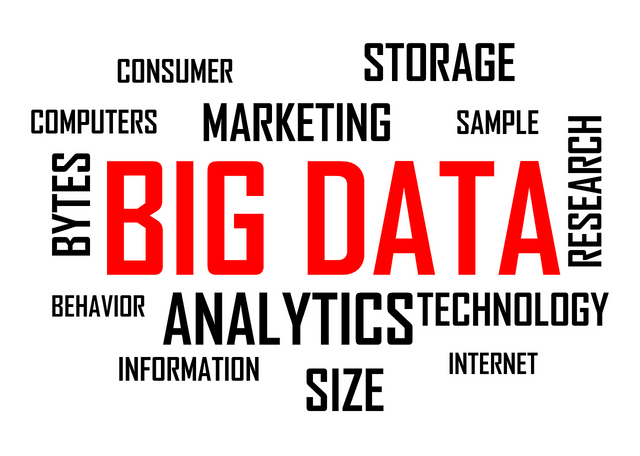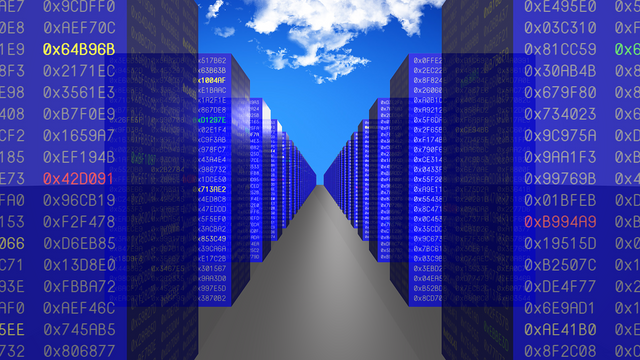Are nosql databases like mongodb the future? Why do you think so?
I will not agree with the fact that no sql databases will be the future. There are many IT companies that are highly reliable on SQL especially for the schema capabilities that SQL has. Even though the new applications that are being built are comfortable with non structuring, there will still be companies who will rely on structured query language. That is the reason why they have been integrating new technologies as part of SQL server integration.

How no-sql is helpful?
There is definitely a great scope for no-sql database because they are faster compared to SQL in terms of querying and indexing. The amount of record that a mongodb can retrieve in a second is huge compared to SQL database. Another advantage a no-sql database can provide us is the linear data storage pattern. With such patterns, adding additional space to the server will be enough for the data to grow instead of increasing the hard disk capacity as a whole.
Another big advantage a non-sql database like mongo can do is that it can manipulate both structured, non structured as well as semi structured data. And it is way too faster than a structured data manipulation because every time the data is retrieved it has to go through the schema validations as well. No-Sql databases are even capable of supporting schema by defining a separate modal schema in the code. But a SQL database can act only as a schema based data storage unless the data is stored as a diff-gram or in the json format inside a table.

Why there is a high possibility for no-sql in the future?
In most of the developments that are happening, the data storage is becoming non structured where there is no dire necessity that data storage should happen with a properly defined schema. People write simple to complex code to retrieve data from a non structured data. As the data is not structured with any schema the retrieval is also very smooth and easier compared to SQL, this makes even a complicated query easy to use. Scalability is another the main reason why people prefer to use no-sql compared to sql database.
Compared to SQL databases, the no-sql database are mostly open source and people are free to choose and use a database that is comfortable for them. As the technology is advancing and usability is reconsidered, people have started to use more of no-sql instead of SQL. With the ease of use, people are also finding ways to write additional libraries that can help in defining schema for a no-sql database. This will even make the no-sql database look and work like a sql database with great scalability and speed.

Developers also find it very easy to use because their development time is saved a lot by not defining any model or schema for the data to be stored. They can easily architect the data storage pattern and use the pattern to manipulate and show the data when required.
Short falls in using No-sql databases
When we see good opportunities for no-sql databases in the future, there are also some short falls in using the no-sql database. The first place where the developers find difficulty is the knowledge about the usage of no-sql. If there are any issues it is quite challenging to find answers. As it is an emerging technology, there are no clean documentations or helping communities available for some of the new no-sql databases.
There are no standard structuring available in no-sql. As people are free to store the data in their desired format, there is no standardization available or being followed. This may not be a big problem during development phase. But when they actually plan to migrate the database from a no-sql to SQL, if required it becomes a serious pain. Apart from this fact, standardization is also helpful in creating a good projection for the product in the market.

Since SQL is a well established database for several years, there are so many third party tools available that can be used for doing various activities with the databases. But in the case of no-sql database, there are no popular tools available that can be used. I cannot say for sure if the tools can be really be helpful because there is no standard structuring in no-sql databases.
From the above mentioned points, I would like to mention that, we cannot easily finalize that no-sql can be the future. I would say, people will prefer to use SQL until there is a need for structuring in the database. There will be a group of people till the end who will prefer to use SQL database for their needs. For no-sql to reach a huge crowd, there should be more analytical tools available and it should be easier to use.
Image Source: Pixabay.com
I think the NoSQL madness came in around 2012 - 2013 time frame. They were supposed to replace RDBMS. But apart from special cases and also usage in conjunction with RDBMS is what has happened so far. Many powerful software like PostgreSQL now has support for JSON like structures and offering best of both the worlds.
Yes correct @bobinson. Yes nowadays it is becoming more feasible and there are also cloud based solutions available. Google Firestore is a good example for it. Azure cosmos is also gaining popularity.
Posted using Partiko Android